Queensland Fresh Scientist develops an app to help stroke victims regain their speaking skills
Embargoed 8am Tuesday 26 July 2016
For stroke survivors who suffer language difficulties a new ‘pedometer’ for measuring how often they talk each day holds promise for helping them to regain their communication skills.
This is the work of University of Queensland postdoc researcher, Dr Caitlin Brandenburg who is also is one of ten 2016 Queensland Fresh Science finalists.
Caitlin has developed the CommFit app, which helps stroke survivors suffering language difficulties or aphasia to practice their speaking skills in everyday life.
“Just like a pedometer it measures the time each person spends talking and compares these with daily goals,” she says.
“For example, a daily goal might be to spend 10 minutes talking to John. Another one might be to go shopping and speak with two different shop assistants.”
The speaking pedometer uses a one-cm2 device or accelerometer that sits on the users’ collarbone and measures the vibrations that people make when they speak. This information is transferred to the CommFit app where progress is measured against daily goals.
“People who suffer aphasia after strokes have difficulty speaking, reading, writing and understanding communication in their daily lives,” says Dr Brandenburg.
One in six people will experience a stroke in their lifetime, and one third of stroke survivors will suffer from aphasia.
“Not being able to communicate properly means many of these people feel very isolated,” says Dr Brandenburg. “This can lead to depression and a poorer quality of life.
“My app helps them to recover their language. The more we can get them talking the more their brain will organise itself to correct the stroke damage.”
Dr Brandenburg says that getting aphasia sufferers to talk more in their everyday life is more useful than getting them to repeat sentences aloud to themselves or a clinician.
“If you talk more in your everyday life you have to respond to the people you talk with and this intense practicing of communication skills helps people recover their language far more quickly,” she says.
“Communication fitness is parallel to physical fitness where people are striving to get their 10,000 steps a day.”
Caitlin developed and tested the CommFit app during her PhD, which she completed last year. She is now undertaking further research as Chief Investigator thanks to a $50,000 year-long Stroke Foundation SEED grant.
“Our research is now testing if people with aphasia can use the app to increase their talk time and whether this improves their language skills and social participation,” says Dr Brandenburg.
Fresh Science is a national competition helping early-career researchers find, and then share, their stories of discovery. The program takes up-and-coming researchers with no media experience and turns them into spokespeople for science, giving them a taste of life in the limelight, with a day of media training and a public event in their home state.
Queensland Fresh Science is supported by: Queensland Government; Queensland University of Technology (QUT); University of the Sunshine Coast (USC); The University of Queensland; and Econnect Communication.
See a short video explaining Caitlin’s work.
We can provide photos and broadcast quality video footage of Caitlin at work.
For media, video and photography assistance:
Jenni Metcalfe, jenni@econnect.com.au; phone: 0408 551 866
For interview:
Dr Caitlin Brandenburg, c.brandenburg@uq.edu.au, phone: 0412 316527
For more information on stroke and aphasia:
Rachel Murphy, Stroke Foundation media@strokefoundation.com.au; phone 0408 000 409

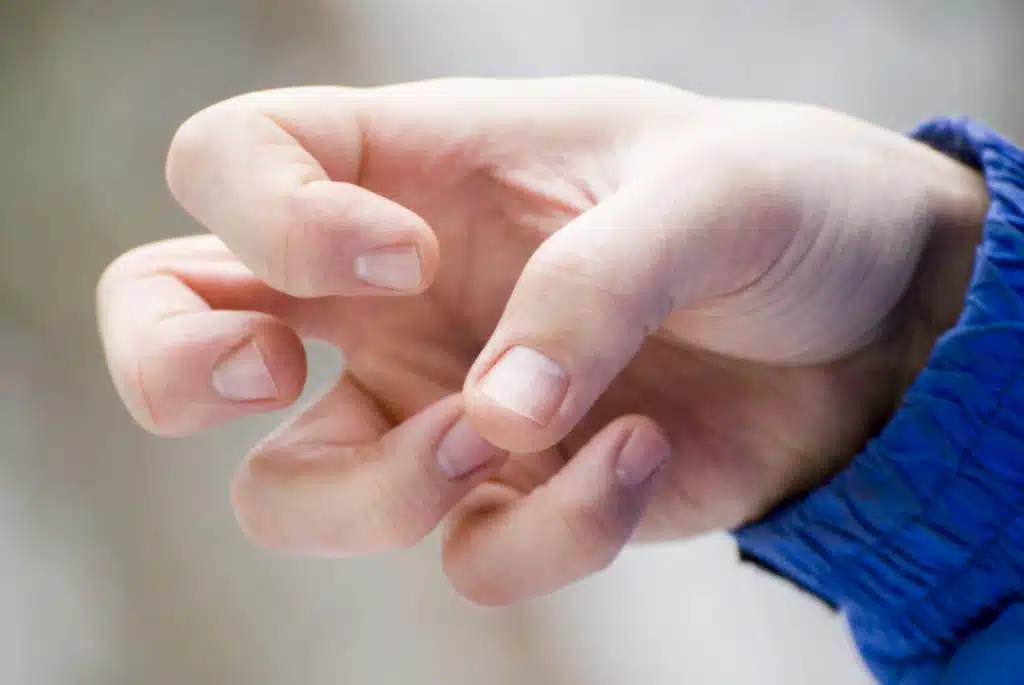

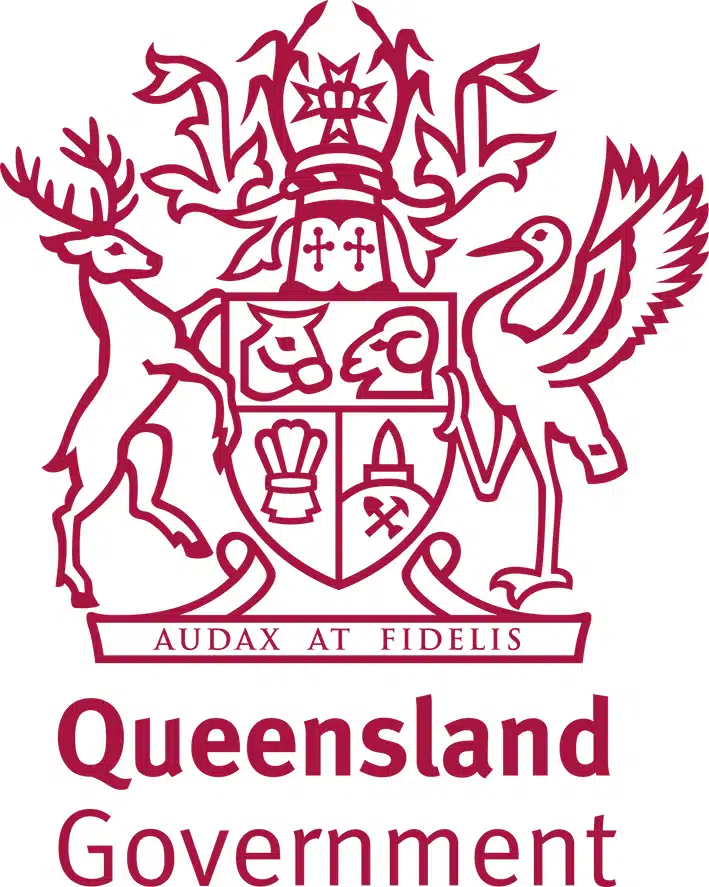
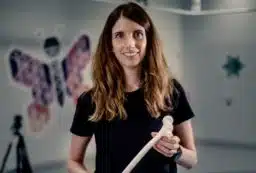
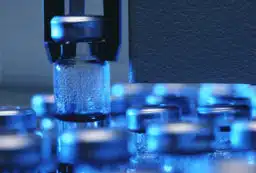
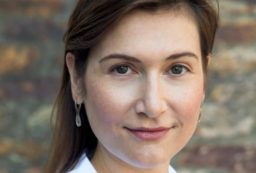
 Fresh Science is on hold for 2022. We will be back in 2023.
Fresh Science is on hold for 2022. We will be back in 2023.